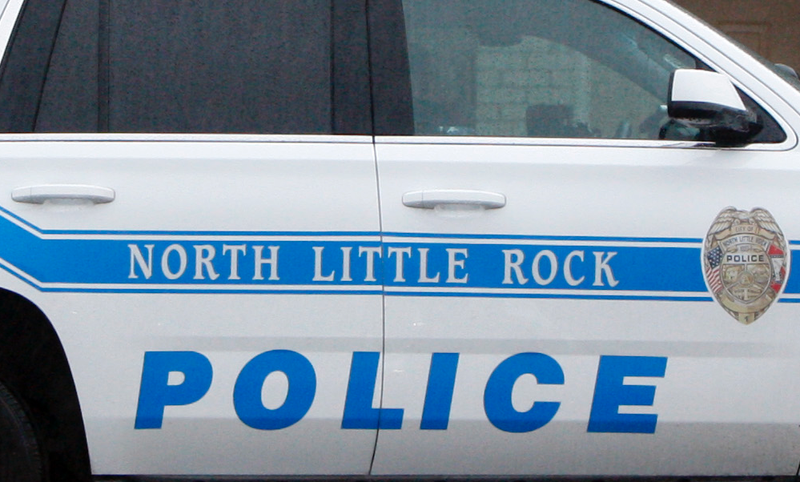North Little Rock Mayor Terry Hartwick has tapped a city police officer to engage the growing homeless population in the city.
Hartwick selected Jhailan Rathey, a five-year veteran of the North Little Rock Police Department, to be the city's liaison to the unsheltered community.
Rathey's position is new for the city and comes as officials in North Little Rock try to find ways to house people living on the streets.
Hartwick admitted that Rathey faces a tough task, saying he is a one-man team for now. Rathey's directive is to connect North Little Rock's homeless with the shelters, nonprofits and other resources.
Paul Wilkerson, executive director of River City Ministry, said the homeless population is hard to track, and it's growing in Pulaski County.
The problems plaguing North Little Rock's response to homelessness -- the lack of men's shelters, a bureaucratic delays in moving homeless people into housing and no sanctioned campgrounds -- are issues shared by municipalities around Central Arkansas, Wilkerson said.
Most of the homeless shelters and resources are on the south banks of the Arkansas River in Little Rock as is one of the area's few shelters for men.
Failure to provide affordable housing, food and access to drug treatment exacerbate the issue on both sides of the river, Wilkerson said.
While he said he can't speak for city officials in North Little Rock, he noted that there has been a "marked increase" in the number of homeless people in the city, driving a concern among politicians.
"North Little Rock is experiencing an increase -- a marked increase -- in homeless individuals being in the city, being on the streets, being on private property, camping in different places, to the point I believe that is what ultimately generated the appointment of Jhailan Rathey," Wilkerson said.
The mayor said he lamented that many homeless people don't have shelter or access to medical care, but he is concerned that many are congregating in city spaces. He said he recently saw a homeless encampment while driving on Camp Robinson Road.
Wilkerson said North Little Rock, along with other cities in the region, could designate areas where homeless people could encamp, along with provide more shelter beds and access to affordable housing.
"A lot of the cities that are making progress, they have sanctioned campgrounds where people can stay legally, and it gives them time to kind of get their life together," Wilkerson said.
Part of the appeal of picking Rathey to be the city's liaison was his background as a police officer, Hartwick said, noting that Rathey is on a first-name basis with several homeless people in North Little Rock.
"I liked that he had the passion for the homeless, but yes, it helped that he was a police officer," Hartwick said. "He knew a lot of the homeless people by first name."
Rathey said his experience interacting with homeless people daily as a police officer affords him a perspective on the issue's complexities -- that why someone is homeless and how much help they want differs from person to person.
"I've met those actually looking for help. I've met those who are wanting to get back on their feet. I even met those that want to sustain their current lifestyle and those who enjoy the freedom of being unsheltered," Rathey said.
Many homeless people have been institutionalized, moving in and out of drug treatment centers, jails and hospitals.
Hartwick said he plans to hire another person to work with Rathey, focusing on the homeless people who have congregated on the Arkansas River Trail and in city parks.
Many homeless people also congregate in the city's downtown Argenta district, which gives them access to North Little Rock's main thoroughfare and to the south side of the river.
Access to Little Rock is important for many homeless people, Rathey said, because the capital city has more shelters and resources dedicated to helping them.
"Due to the close proximity of those resources, a lot of the unsheltered individuals go back and forth, back and forth across the river through these bridges for home, for shelter and for these resources," Rathey said.
As part of the $8.4 million that the city received in federal covid stimulus funds, $200,000 will be going toward North Little Rock's Unsheltered Persons Outreach Program. Hartwick said some of that money will be used for a new hire, and Rathey said some funds will go toward outreach planned for October.
